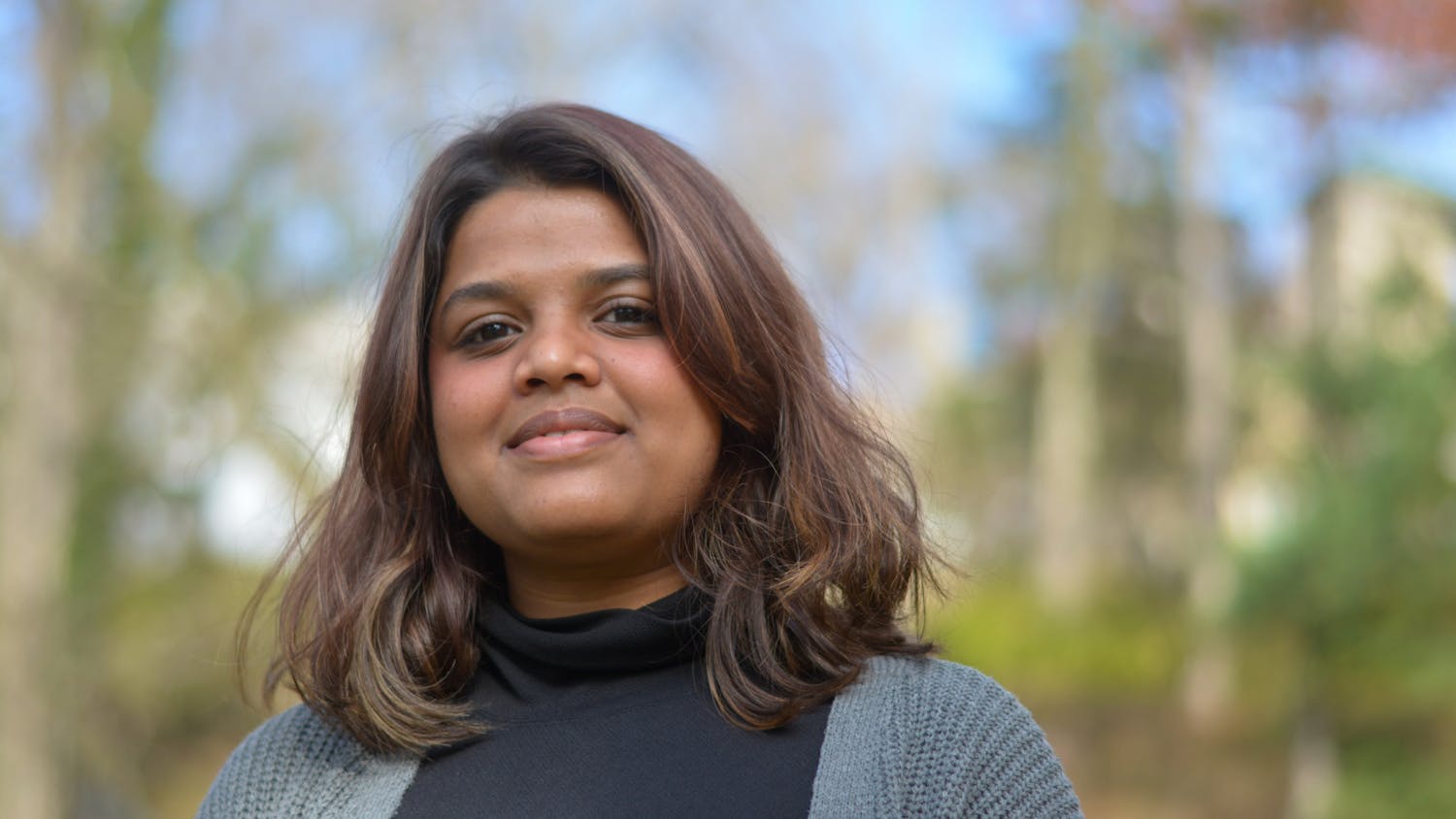Recently, Fatima Mohammed, who graduated from The City University of New York (CUNY) School of Law, gave a speech critical of Israel that caused a lot of controversy and got a lot of attention. Her remarks were strongly criticized by politicians from different political parties, like Democratic Congressman Ritchie Torres, former Republican candidate for governor Lee Zeldin, and Mayor Eric Adams. That shows how political dynamics can shape public discussions.
In a democratic society, it's important to create an environment where people can express their different opinions without being punished or publicly shamed. Unfortunately, the way Mohammed has been attacked is not an isolated incident but part of a larger trend of targeting critics of Israeli policies. Those actions not only prevent meaningful conversations but also create a climate of fear and intimidation that stops people from freely sharing their ideas.
Mohammed's speech, which received widespread condemnation, truthfully talked about the power structures in Israel and their violations of human rights. According to OHCHR, “Israel’s continued policies and practices had resulted in flagrant human rights violations and abuses, including brutalization of children, torture, forcible transfers, and colonization of land.” It's crucial to understand that criticizing Israeli policies is not an attack on any particular religion, race or political group. It's a legitimate concern about how Palestinians are treated and how Israeli policies affect their human rights.
Someone rightly asked, "Who was targeted based on religion or race? And since when is 'political affiliation' a protected category?" This raises an important point about how criticism of Israeli policies is often portrayed as an attack on a specific group. Those accusations divert attention from the main issue, which is the violation of human rights. It's important to distinguish between valid criticism and false claims that such criticism targets a specific group. By confusing the two, the real focus on human rights and power structures gets obscured.
This incident is not an isolated event. It's part of a troubling pattern of attacking people who dare to question or criticize Israeli policies. By labeling Mohammed's speech as hateful and bigoted, the critics are trying to discourage others from speaking up and maintaining an environment where disagreement is met with intimidation. These tactics not only go against the principles of free speech but also undermine the foundation of democracy.
Ironically, these attacks may have unintended consequences. Instead of silencing critics, they often inspire more activism and vocal opposition. As pro-Israel organizations and politicians intensify their efforts to discredit and demonize critics of Israel, they inadvertently encourage more people to speak out. By labeling every critique of a state as an act of hatred toward religion, they fail to address the valid concerns and grievances that underlie the criticism of Israeli policies.
A healthy democracy thrives on open dialogue and the free exchange of ideas. By suppressing dissent, we risk perpetuating a one-sided narrative that hinders progress and understanding. Instead of resorting to personal attacks and character assassination, it's important to have constructive conversations that allow for diverse perspectives and challenge the status quo. This approach leads to a deeper understanding of complex issues and creates opportunities for meaningful change.
It's about time we recognize the importance of open dialogue, respect for different viewpoints, and create an environment where criticism is met with engagement instead of hostility. Only then can we truly embrace the values of free speech and democracy.
Ankita Bansode is a junior studying economics and mathematical statistics at Ohio University. Please note that the views and opinions of the columnists do not reflect those of The Post. What are your thoughts? Tell Ankita by emailing her at ab890621@ohio.edu.




